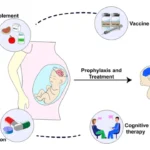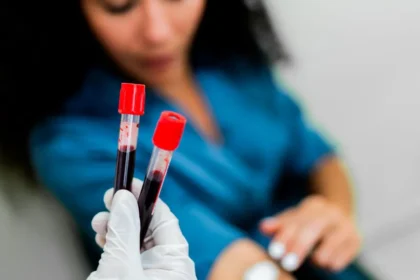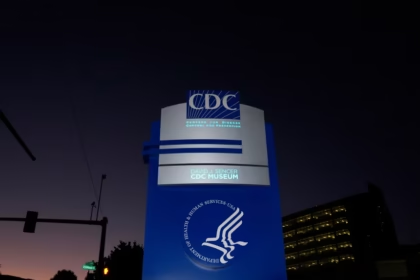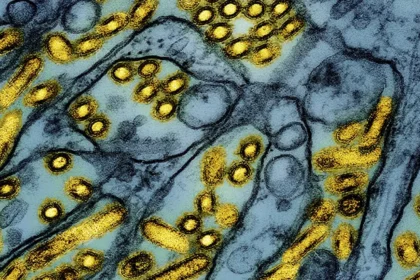COVID-19 in Pregnancy May Impact Early Brain Development
A recent peer-reviewed study has reignited concerns about how the COVID-19 virus may affect unborn children, revealing a higher rate of autism diagnoses among children born to mothers who had the infection during pregnancy. The findings, while preliminary, highlight the importance of understanding how maternal health during pandemics can shape long-term child development.
Researchers from multiple U.S. institutions analyzed data from more than 18,000 pregnancies that occurred between 2020 and 2022, before vaccines were widely available. Of these, 861 women tested positive for COVID-19 at some point during their pregnancy. When researchers followed their children’s developmental progress through early childhood, they found that approximately 16% of those born to infected mothers were diagnosed with neurodevelopmental disorders by age three.
By comparison, only about 10% of children whose mothers avoided infection during pregnancy received similar diagnoses. After controlling for other variables—such as maternal age, socioeconomic background, and preexisting conditions—the study found that maternal COVID-19 infection was associated with roughly a 29% increase in the likelihood of a neurodevelopmental diagnosis, including autism spectrum disorder (ASD), speech delays, and motor skill difficulties.
Inflammation and the Developing Brain
The study’s authors emphasized that while the numbers may sound concerning, the increase in risk is relatively small. They cautioned that the data do not prove COVID-19 directly causes autism, but rather suggest an association that merits deeper exploration.
Experts have long known that viral infections during pregnancy can impact fetal brain development. Conditions such as influenza and Zika virus have previously been linked to higher rates of developmental and cognitive delays. The mechanism often involves inflammation—an immune response that, while essential for fighting infection, can sometimes disrupt delicate processes in fetal growth.
Dr. Andrea Roberts, an epidemiologist involved in the study, explained that “maternal immune activation” may play a key role. “When a pregnant woman’s immune system is activated by a viral infection, certain inflammatory molecules can cross the placenta and potentially alter how the fetal brain develops,” she said.
Still, she and her colleagues stress that most children born to infected mothers do not develop autism or developmental delays. “The vast majority of pregnancies complicated by COVID-19 result in healthy outcomes,” Roberts added. “But these findings remind us how important it is to continue monitoring and supporting children’s developmental health.”
Independent scientists reviewing the findings have praised the study for its scale and rigor but cautioned against alarmism. Dr. Catherine Lord, a clinical psychologist specializing in autism research, noted that “a 29% increase in relative risk does not mean that most children of infected mothers will develop autism—it just means the risk is somewhat higher compared to uninfected pregnancies.”
She added that the absolute numbers remain small, and that genetics, environmental factors, and postnatal experiences also play critical roles in autism development.
Other experts emphasized that vaccination during pregnancy could reduce the risk by preventing severe maternal infection. Studies have consistently shown that vaccinated pregnant women are far less likely to experience the intense immune responses that may underlie developmental complications.
The new study underscores the lasting importance of maternal health and immunity during pregnancy, especially in the face of global pandemics. While most pregnancies affected by COVID-19 will still result in healthy children, the data remind both parents and doctors that even modest increases in developmental risk warrant attention and early screening.
As researchers continue to explore the connection between prenatal infection and child neurodevelopment, one takeaway stands firm: preventive healthcare—through vaccination, prenatal monitoring, and timely pediatric evaluation—remains the strongest safeguard for both mother and child.











